Vladimir Horowitz - Vladimir Horowitz - Piano Essentials (2025)
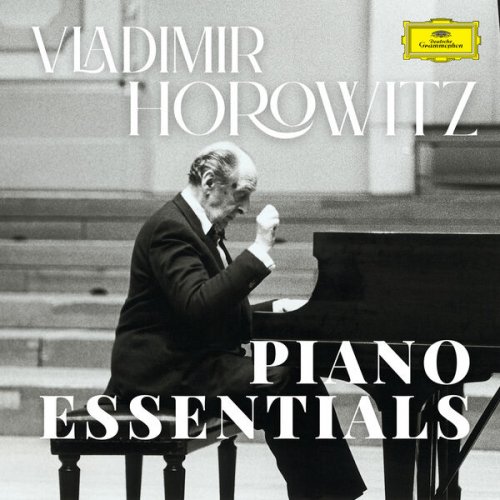
Artist: Vladimir Horowitz
Title: Vladimir Horowitz - Piano Essentials
Year Of Release: 2025
Label: UMG Recordings, Inc
Genre: Classical
Quality: FLAC (tracks)
Total Time: 2:35:20
Total Size: 521 MB
WebSite: Album Preview
Tracklist:Title: Vladimir Horowitz - Piano Essentials
Year Of Release: 2025
Label: UMG Recordings, Inc
Genre: Classical
Quality: FLAC (tracks)
Total Time: 2:35:20
Total Size: 521 MB
WebSite: Album Preview
1. Vladimir Horowitz, l'Orchestra della Scala di Milano & Carlo Maria Giulini – Piano Concerto No. 23 in A Major, K. 488: II. Adagio (05:41)
2. Vladimir Horowitz – Kinderszenen, Op. 15: VII. Träumerei (02:41)
3. Vladimir Horowitz – Schwanengesang, S. 560 (After Schubert, D. 957): VII. Ständchen (05:42)
4. Vladimir Horowitz – Mazurka No. 13 in A Minor, Op. 17 No. 4 (03:58)
5. Vladimir Horowitz – Mazurka No. 41 in C-Sharp Minor, Op. 63 No. 3 (Live) (01:58)
6. Vladimir Horowitz – Mazurka No. 7 in F Minor, Op. 7 No. 3 (Live) (02:17)
7. Vladimir Horowitz – 6 Consolations, S. 172: No. 3 in D-Flat Major (lento, placido) (04:15)
8. Vladimir Horowitz – Etude in C-Sharp Minor, Op. 2, No. 1 (03:06)
9. Vladimir Horowitz – Impromptu (Nocturne), S. 191 (03:24)
10. Vladimir Horowitz – 6 Moments musicaux, D. 780: No. 3 in F Minor. Allegro moderato (02:14)
11. Vladimir Horowitz – Nun komm der Heiden Heiland, BWV 659 (Arr. Busoni for Piano) (04:59)
12. Vladimir Horowitz – Keyboard Sonata in E Major, Kk. 380 (Live) (04:13)
13. Vladimir Horowitz – Piano Sonata No. 13 in B-Flat Major, K. 333: III. Allegretto grazioso (05:59)
14. Vladimir Horowitz – Polonaise No. 6 in A-Flat Major, Op. 53 "Heroic" (07:23)
15. Vladimir Horowitz – Etude in F Major, Op. 72, No. 6 (01:34)
16. Vladimir Horowitz – Rondo in D Major, K. 485 (06:23)
17. Vladimir Horowitz – 4 Impromptus, Op. 90, D. 899: No. 4 in A-Flat Major: Allegretto (07:49)
18. Vladimir Horowitz – 3 Pieces, Op. 2: No. 1, Etude in C-Sharp Minor. Andante (Live) (02:57)
19. Vladimir Horowitz – 13 Preludes, Op. 32: No. 5 in G Major. Moderato (Live) (03:11)
20. Vladimir Horowitz – Piano Sonata No. 10 in C Major, K. 330: I. Allegro moderato (04:33)
21. Vladimir Horowitz – Piano Sonata No. 10 in C Major, K. 330: II. Andante cantabile (05:10)
22. Vladimir Horowitz – Piano Sonata No. 10 in C Major, K. 330: III. Allegretto (03:39)
23. Vladimir Horowitz – Keyboard Sonata in B Minor, Kk. 87 (04:27)
24. Vladimir Horowitz – 13 Preludes, Op. 32: No. 12 in G-Sharp Minor. Allegro (Live) (02:32)
25. Vladimir Horowitz – 12 Etudes, Op. 8: No. 12 in D-Sharp Minor. Patetico (Live) (02:27)
26. Vladimir Horowitz – Soirées de Vienne, S. 427 (After Themes by Schubert): Valse-caprice No. 6 in A Minor. Allegro con strepito (Live) (06:51)
27. Vladimir Horowitz – Années de pèlerinage II, Italie, S. 161: V. Sonetto 104 del Petrarca (Live) (05:52)
28. Vladimir Horowitz – Etincelles, Op. 36 No. 6 (Live) (02:53)
29. Vladimir Horowitz – Polka de W.R. (After Behr's "La Rieuse", Op. 303) [Live] (04:17)
30. Vladimir Horowitz – Piano Sonata No. 3 in B-Flat Major, K. 281: III. Rondeau. Allegro (04:10)
31. Vladimir Horowitz – Kinderszenen, Op. 15: I. Von fremden Ländern und Menschen (01:35)
32. Vladimir Horowitz – Kinderszenen, Op. 15: X. Fast zu ernst (01:30)
33. Vladimir Horowitz – Adagio in B Minor, K. 540 (07:57)
34. Vladimir Horowitz – Kreisleriana, Op. 16: I. Äußerst bewegt (03:00)
35. Vladimir Horowitz – Noveletten, Op. 21: I. Markiert und kräftig (06:00)
36. Vladimir Horowitz – Scherzo No. 1 in B Minor, Op. 20 (08:28)
A pianist of legendary fame and stature, Vladimir Horowitz was born in Kiev, Ukraine. His mother, herself a professional pianist, provided his first instruction at the piano and was the first to recognize his extraordinary talents; he studied further at the Kiev Conservatory. His first public appearance was a recital in Kiev on May 30, 1920, and in 1922 he gave a series of 15 concerts in Kharkov for which he was paid in food and clothing. Although Russia was still reeling from the revolution of 1917, Horowitz fashioned successful concert tours in major cities such as Moscow, Leningrad, and Kiev -- marking the beginning of a performing career of unflagging and spectacular success.
His first international appearance came with his 1926 trip to Berlin, soon after which followed concerts in Paris, London, and New York. Further appearances in the United States solidified his reputation as an exceptional virtuoso, and the country which was to become his adopted home embraced him warmly. He was invited to the White House to play for President Hoover in 1931, and in 1933 he married Wanda Toscanini -- the daughter of the famous conductor Arturo Toscanini, who would soon conduct Horowitz and the New York Philharmonic Orchestra in performances of the Beethoven piano concertos. Horowitz permanently settled in the United States in 1940 and achieved citizenship in 1944.
Wanda Toscanini assumed a gentle stewardship of her new husband, who was in fragile physical and emotional health. Often seized with an irrational fear of failure, Horowitz found the life of touring threatening to his equilibrium. He withdrew from the concert stage for several periods during his life, and made only rare appearances after 1970. When Horowitz did schedule a concert, it often took the persuasive powers of his wife and friends to keep him from canceling at the last minute. His nagging, and often overpowering, insecurity led him to seek shock therapy in 1973, but though he seemed to achieve some benefit from treatment, he was never free of anxiety when playing in public. The one exception to this trend was when he appeared as accompanist to another artist, which he often did with baritone Dietrich Fischer-Dieskau, cellist Mstislav Rostropovich, and violinist Isaac Stern. Because of his long absences from the concert stage, Horowitz's popularity was largely sustained by his recordings.
Perhaps the most significant single event in Horowitz's long career was his long-overdue return to the Soviet Union (his first since his departure in the 1920s) for a series of concerts in 1986. The resulting tour became a major political event, coinciding as it did with an era of new understanding between the United States and the Soviet Union, and it resonated powerfully with Soviet audiences. Revitalized by the Soviet tour, Horwowitz signed a new contract with Sony; the contract included provisions for recording him at home on his favorite piano. He made his last such recording on November 1, 1989; on November 5 he died of a massive heart attack.
As a performer, Horowitz had huge resources of speed and power, and a clean articulation. His performances were brilliant, exciting, and often mystifying to those who found his technique enigmatic (he played, for instance, with unusually straight fingers, laying them nearly flat on the keys). Though his performances were frequently criticized for their willfulness and self-indulgent nature, there was an undeniable charisma to his playing that endeared him to most everyone who heard him. © Rovi Staff
His first international appearance came with his 1926 trip to Berlin, soon after which followed concerts in Paris, London, and New York. Further appearances in the United States solidified his reputation as an exceptional virtuoso, and the country which was to become his adopted home embraced him warmly. He was invited to the White House to play for President Hoover in 1931, and in 1933 he married Wanda Toscanini -- the daughter of the famous conductor Arturo Toscanini, who would soon conduct Horowitz and the New York Philharmonic Orchestra in performances of the Beethoven piano concertos. Horowitz permanently settled in the United States in 1940 and achieved citizenship in 1944.
Wanda Toscanini assumed a gentle stewardship of her new husband, who was in fragile physical and emotional health. Often seized with an irrational fear of failure, Horowitz found the life of touring threatening to his equilibrium. He withdrew from the concert stage for several periods during his life, and made only rare appearances after 1970. When Horowitz did schedule a concert, it often took the persuasive powers of his wife and friends to keep him from canceling at the last minute. His nagging, and often overpowering, insecurity led him to seek shock therapy in 1973, but though he seemed to achieve some benefit from treatment, he was never free of anxiety when playing in public. The one exception to this trend was when he appeared as accompanist to another artist, which he often did with baritone Dietrich Fischer-Dieskau, cellist Mstislav Rostropovich, and violinist Isaac Stern. Because of his long absences from the concert stage, Horowitz's popularity was largely sustained by his recordings.
Perhaps the most significant single event in Horowitz's long career was his long-overdue return to the Soviet Union (his first since his departure in the 1920s) for a series of concerts in 1986. The resulting tour became a major political event, coinciding as it did with an era of new understanding between the United States and the Soviet Union, and it resonated powerfully with Soviet audiences. Revitalized by the Soviet tour, Horwowitz signed a new contract with Sony; the contract included provisions for recording him at home on his favorite piano. He made his last such recording on November 1, 1989; on November 5 he died of a massive heart attack.
As a performer, Horowitz had huge resources of speed and power, and a clean articulation. His performances were brilliant, exciting, and often mystifying to those who found his technique enigmatic (he played, for instance, with unusually straight fingers, laying them nearly flat on the keys). Though his performances were frequently criticized for their willfulness and self-indulgent nature, there was an undeniable charisma to his playing that endeared him to most everyone who heard him. © Rovi Staff
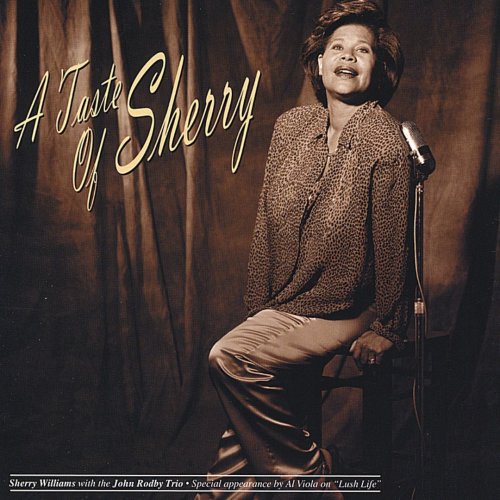
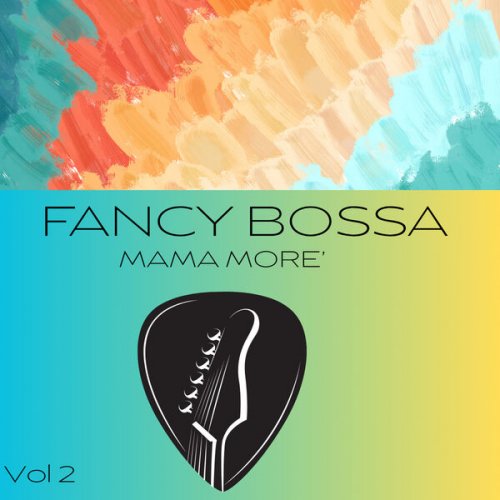
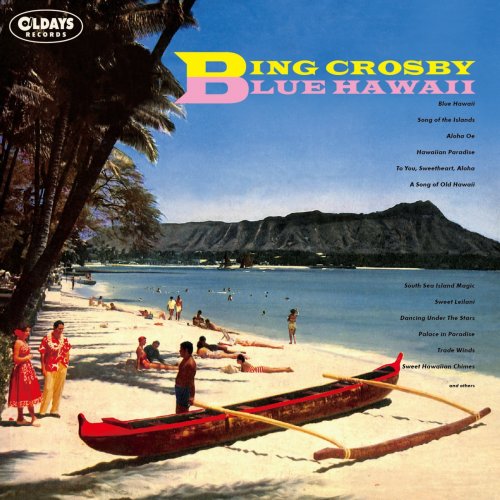
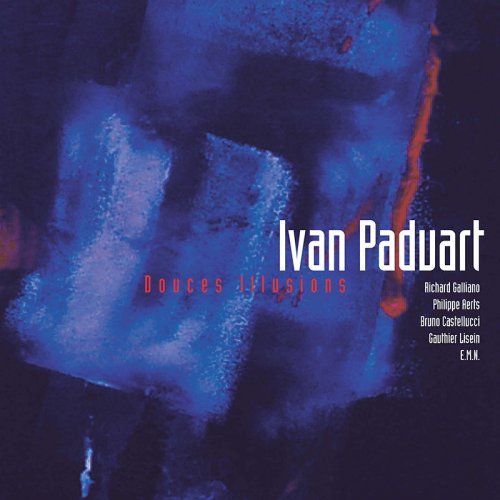
![Lea Maria Fries - CLEO (Deluxe Edition) (2025) [Hi-Res] Lea Maria Fries - CLEO (Deluxe Edition) (2025) [Hi-Res]](https://www.dibpic.com/uploads/posts/2025-12/1765466583_cover.jpg)
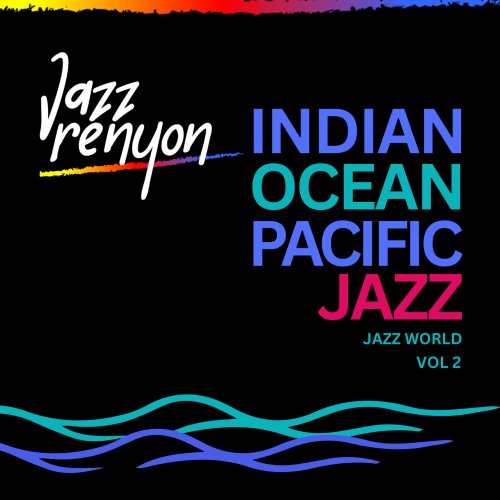
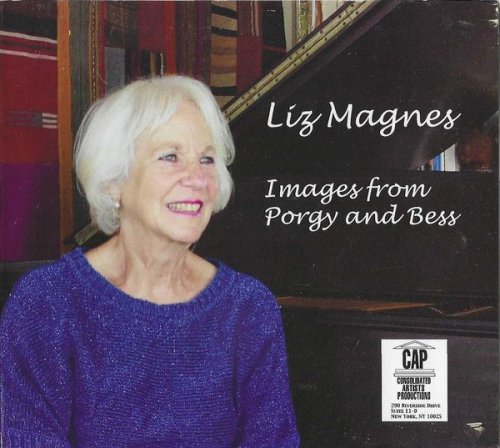
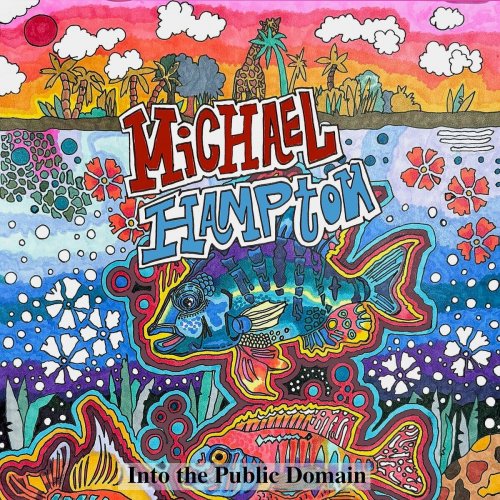
![Nectar Woode - Live at Village Underground (Live At Village Underground) (2025) [Hi-Res] Nectar Woode - Live at Village Underground (Live At Village Underground) (2025) [Hi-Res]](https://img.israbox.com/img/2025-12/15/eiazyx7yigt2lhbv1tcd3eos6.jpg)